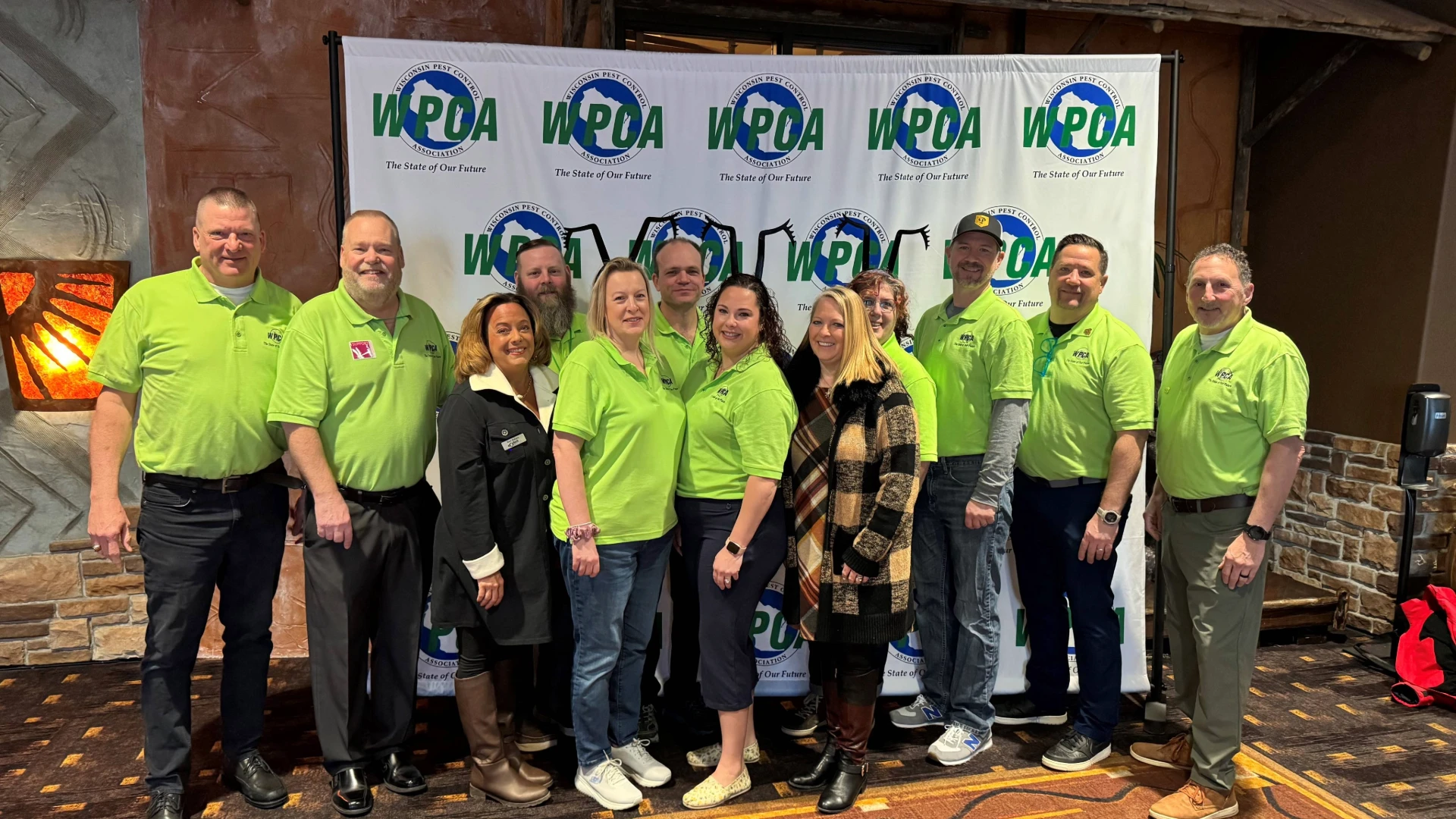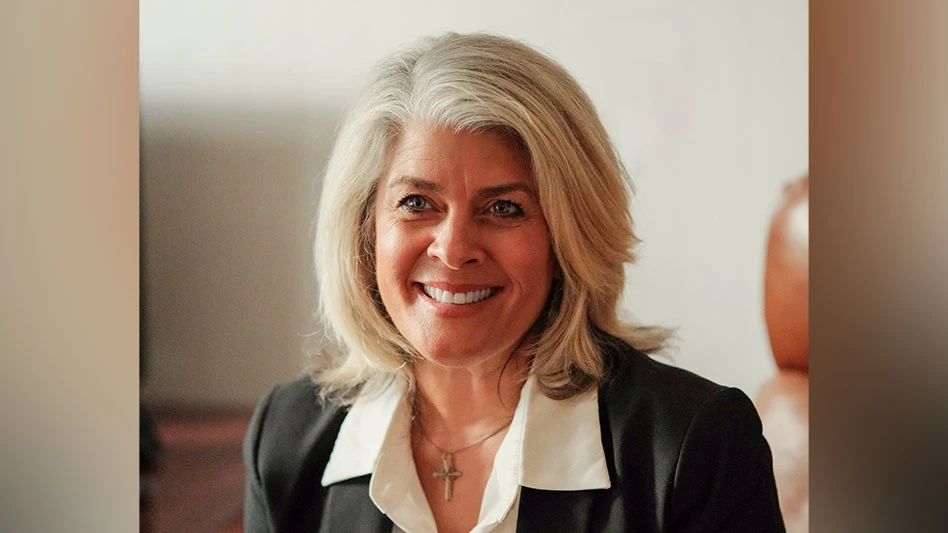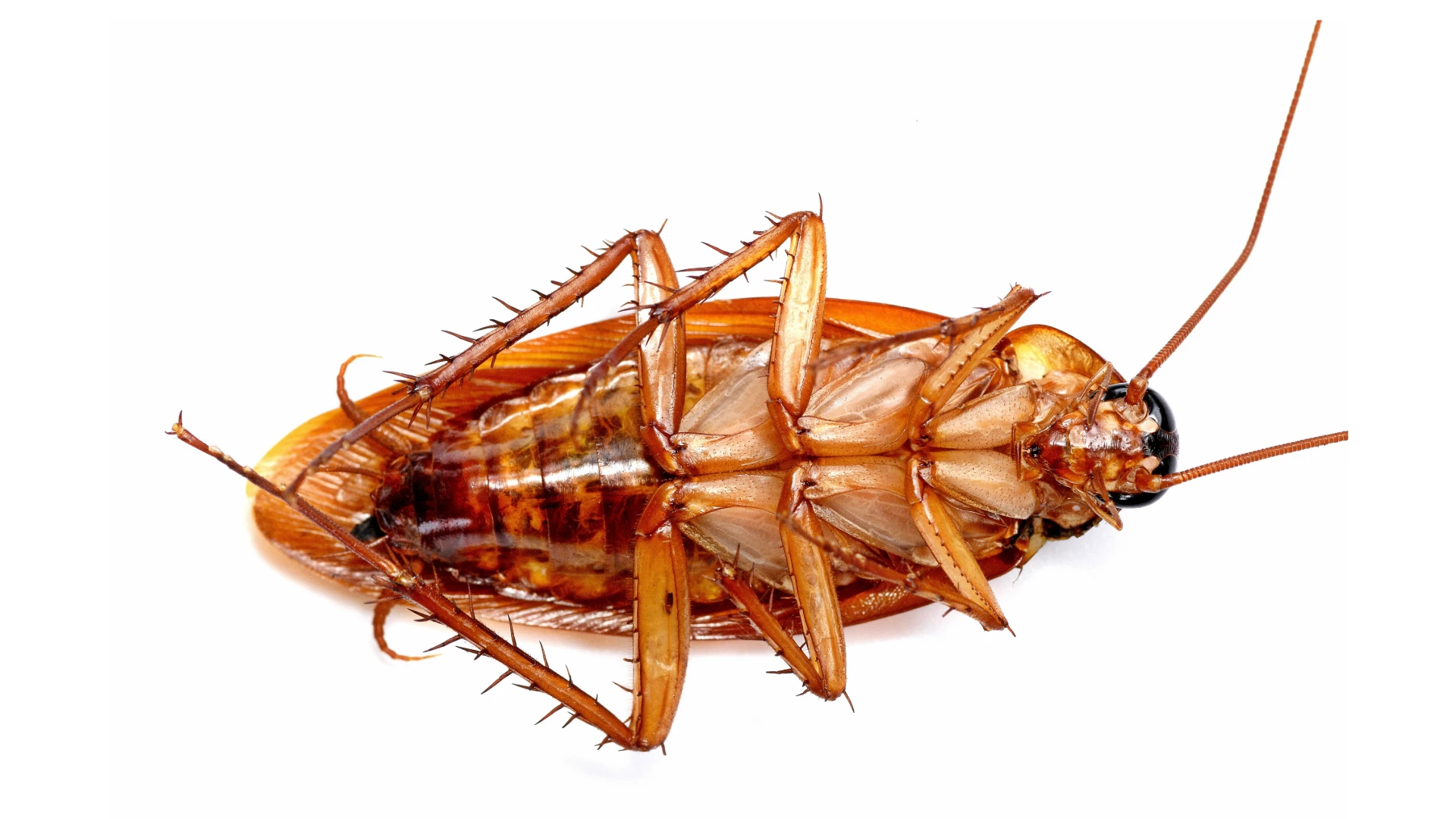This article appeared in the May 1999 issue of PCT Magazine.
After months of negotiations, UPF&DA endorses a funding formula for NPCA’s Industry Awareness Campaign. Will PCOs do the same?
In hopes of growing pest control industry revenues by $1 billion in the next three years, the United Producers, Formulators & Distributors Association (UPF&DA) has recommended that its members participate in the NPCA’s much-anticipated Industry Awareness Council (IAC) fund-raising effort.
A formal statement from UPF&DA dated March 12 outlines the collection procedures for the campaign, which will be spearheaded by the distributor community. The UPF&DA board said the endorsement not only improves the chances of success of the program, but addresses a number of concerns expressed by UPF&DA members during the early days of the controversial industry initiative.
During the past six months, the two groups have overcome a number of obstacles to secure UPF&DA’s endorsement. Last year, when IAC representatives presented the proposed collection formula to UPF&DA members at the NPCA Convention in Nashville, Tenn., several key members of the small — but powerful — trade group expressed their displeasure with the program. What concerned the most outspoken critics of the program were the blanket invoice provision of the fund-raising effort and various confidentiality issues relating to product sales.
Last month, IAC officials, UPF&DA board members and representatives of some of the largest pest control companies in the country traveled to Orlando, Fla., to develop a market roll-out strategy and finalize other aspects of the program. Following the IAC board of directors meeting in Orlando, UPF&DA President Tommy Reeves said, "We feel very good about the IAC effort. We’re leaving it up to the (individual) distributor how to implement it."
KEY ELEMENTS. While the UPF&DA recommendation is non-binding, members are encouraged to participate in the program, according to Reeves. Key components of the program include:
- Any company providing point-of-purchase services to PCOs will serve as facilitators for voluntary contributions to the Industry Awareness Council.
- All contributions to the IAC will be on a voluntary basis.
- A voluntary contribution equal to 2.5% of product sales to PCOs will be contributed to the IAC.
- PCOs will be given the means to request that they be voluntarily assessed the 2.5% IAC contribution, which will be honored at the discretion of each participating company by whatever means deemed appropriate.
- The internal accounting procedures used to implement and track contributions will be at the discretion of each participating company.
- The PCO will have the discretion to send contributions directly to IAC.
- To help defray administrative expenses related to the program, participating distributors will retain 10% of all funds collected, up to a maximum of $20,000 annually.
- IAC will provide participating companies, as well as UPF&DA, recognition and exposure to the pest control community in exchange for their participation in the program.
- IAC will recognize the importance of protecting proprietary business information related to specific levels of individual PCO contributions, total individual supply chain contributions and amounts of administrative reimbursement paid to individual supplier companies.
Rob Lederer, NPCA executive vice president and a member of the IAC leadership team, is pleased the two parties could reach an agreement. "We’re thrilled to death with the UPF&DA leadership for encouraging their membership to participate in the collection process," he said. "We look forward to 100% participation by the distributor community which has always been our goal and objective."
WHAT’S NEXT? The Industry Awareness Council fund-raising effort – featuring the theme "A Rising Tide Lifts All Boats" – was launched on May 1st. The revenue generated by the contributions will be used to fund various IAC initiatives, including a national ad campaign designed to grow the market for professional pest control services and a nationwide public relations program. Distributors will be required to forward these donations to the IAC on a quarterly basis.
To ensure the success of the program, the IAC has embarked on an aggressive outreach program designed to increase the visibility of the Industry Awareness campaign, thereby bolstering PCO participation. "It’s going to require a major educational effort," Reeves said.
The outreach program includes:
- More than 185,000 coupons encouraging PCOs to sign up for the program have been distributed to industry product suppliers. Distributors have been asked to include the coupons – including a PCO response card – in their mailings throughout the spring and summer.
- An IAC distributor "draft letter" explaining the objectives, costs and expectations of the program has been sent to distributors to accompany the coupons.
- A customer "hot line" has been created at NPCA headquarters to answer PCO questions about the IAC program (703/573-8330).
- A four-page newsletter ("Industry Awareness Council Update") has been distributed to thousands of PCOs throughout the country, as well as published in industry trade journals.
- A 15-minute educational video has been distributed to state pest control associations.
- A full-page ad promoting the program appears in the May issues of Pest Control and magazines.
- Two fliers are currently in the final stages of production that will describe how the money is going to be spent once it is raised and answer commonly asked questions about the IAC program.
In addition to the aforementioned promotional efforts, the Industry Awareness Council has asked that 45 minutes be made available at state association meetings for a representative of the organization to educate PCOs about the program and address any concerns. Thus far, IAC representatives have spoken at or are scheduled to speak at 36 meetings in 1999.
TIME IS RUNNING OUT. Why is IAC being so aggressive in its educational effort? "If we don’t take advantage of this opportunity now, we may not get this opportunity again," Lederer said. "Our role is to get the PCO to say ‘yes’ to the distributor.
"The success of the program is now in the hands of the PCO community," he added. "If the industry can find a way to unify behind the cause, it will take a quantum leap forward."

Explore the May 1999 Issue
Check out more from this issue and find your next story to read.
Latest from Pest Control Technology
- Lloyd Pest Control Treats 'Kitchen Nightmare' Cockroach Infestation
- Beach Pest Service Opens New Office in Hampstead, N.C.
- NYC PCO Growing Business with Focus on Corporate Clients
- Massey Services Promotes Silver, Crespo to Director Roles
- Recurring Services Model, Wildlife Offerings Lead to Impressive Growth for Tailor Made
- Shelters: Difficult to Manage
- NPMA Announces Recipients of 2025 Impact Awards
- Fleetio Expands Geotab Integration with Shop Network Add-In





